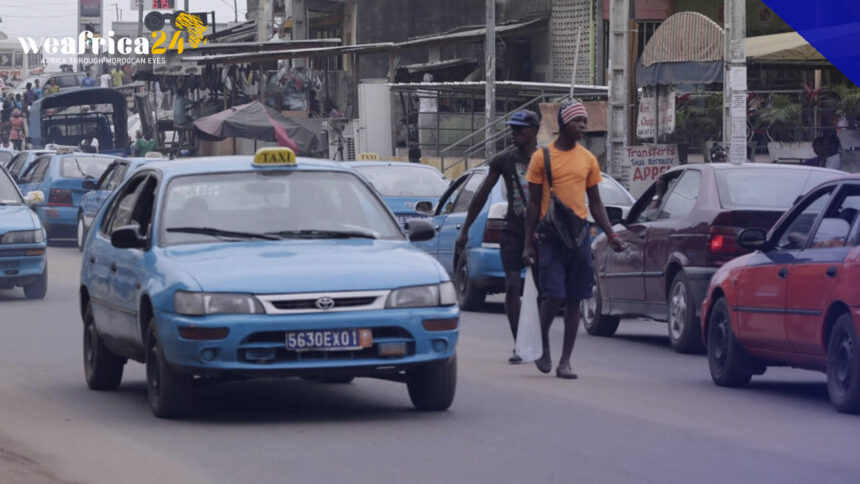In a move aimed at combating “urban disorder,” Ibrahim Cissé Bacongo, the governor of the Abidjan district, has recently banned street vending on major thoroughfares, begging, and the use of hand carts. Our correspondent in Abidjan has gathered reactions from the affected communities.
“It’s not for pleasure that we risk our lives here! We do it to have something to eat!” Motorists have grown accustomed to seeing these figures of men and women, of all ages, sometimes children, weaving between cars and tapping on windows to ask for money. The measure taken by the authorities to ban begging “aims to improve the living environment of the population, ensure greater security of persons and property, as well as smoother traffic flow,” according to officials.
Begging has been prohibited since 2013, but a tolerance has been established in practice. The autonomous district of Abidjan has decided to put an end to it, and in recent days, police controls have intensified.
Aïcha begs with her four children outside the Aghien mosque in Cocody. “We are in front of the mosque, they come to chase us away,” she says simply.
Street vendors are also affected. A small group is gathered at a crossroads, displaying their merchandise spread out at their feet. The youngest of the group, who sells lemons, says she is discouraged. Not only have police raids become more frequent, she explains, but the penalties have also become heavier.
The informal economy in Ivory Coast accounts for 51% of GDP and over 80% of economic activities.







